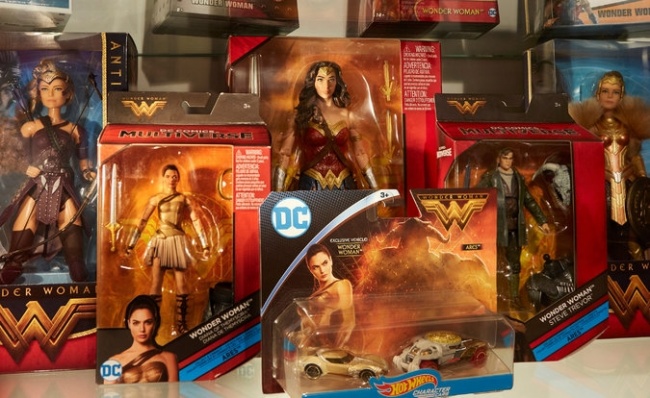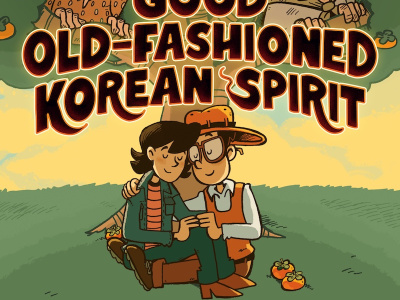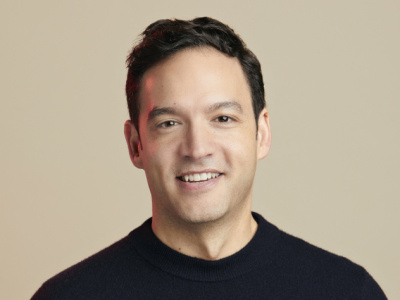In these deeply troubled times, it’s unfortunately only natural to try and find a scapegoat, someone or something significantly “other” than ourselves we can safely shift the blame onto. Which is the only reason I can come up with to explain why Bill Maher used last Friday’s Real Time as a platform for putting the blame for our nation’s troubles on Hollywood’s current output of superhero movies and TV shows. Or as the piece on Deadline put it, “BAM! Bill Maher Vs. Hollywood Superheroes In ‘Real Time’ New Rules.”
Now, I need to stress that he wasn’t saying there are too many superhero movies and TV shows right now, or that he doesn’t personally care for them. No, his supposition was that our so-called “Superhero Culture” and its dependence on easy solutions and one-man rescues “promotes the mind-set that we are not masters of our own destiny and the best we can do is sit back and wait for Star Lord and a f*cking raccoon to sweep in and save our sorry asses. Forget hard work, government institutions, diplomacy, investments — we just need a hero to rise, so we put out the Bat Signal for one man who can step in and solve all of our problems.”
Not surprisingly, I can’t agree with his argument that superheroes are somehow “ruining America.” But I couldn’t agree more with his conclusion, that “We need to be our own superheroes.” If Maher would just put “children’s superheroes” into his Google News search engine he’d find story after story of people doing just that. He’d find stories about adults in both England and America participating in 5K runs for charity and to raise awareness of child abuse, or washing the windows of children’s hospitals dressed as superheroes. In Australia, there’s Super Boss Day, where construction workers dress up as superheroes to raise money for Childhood Heart Disease research. And for kids there’s all manner of festivals and special days where they get to meet, or better still, dress up like their favorite superheroes.
I’m 57, and by this point I really should know better, but I still believe superheroes are important, that they are by their nature aspirational, that they inspire and empower, and at their best, represent what is best in us. But, also believing it’s better to show than to tell, I’ll share a story that recently appeared on The Mary Sue website, “Gorgeous Artwork Shows Kids With Their Superhero Shadows and Will Warm Your Frozen Heart.” It features artwork from Jason Ratliff that “depict(s) the legendary figures we aspire to be as children, and the way we can imagine ourselves as superheroes in play.”
After 20 years in retail, I like to think I knew at least a little about merchandising, but I’ve got to confess, I got schooled by the New York Times piece “Movie Ticket Sales Sagging? Time to Bring Out the Toys” by Brooks Barnes. I honestly had no idea that with DVD sales in deep decline across the globe, and movies ever more expensive to make, merchandising has become an important revenue stream for movie studios.If you need to blame someone for the avalanche of remakes and reboots that are filling theaters, it’s mostly due to merchandising.As the piece puts it, “More than ever, consumer products are influencing moviemaking decisions -- namely, sequels and more sequels. Retailers are more willing to devote shelf space to tie-in products when there is already proven interest.” This year studios will release 25 movies with toy tie-ins, including Wonder Woman, Spider-Man: Homecoming, Cars 3, Transformers: The Last Knight, Despicable Me 3, Justice League and Star Wars: The Last Jedi.
I took particular interest in the part of the piece where Pam Lifford, president of Warner Bros. Consumer Products, said that their DC Super Hero Girls could rival the Disney Princess line. I had already planned to write about this article, which is what makes yesterday’s announcement concerning the Girls getting their own Cartoon Network show (see “DC Super Hero Girls Get Animated TV Series”) quite the convenient coincidence.
I found two items of particular interest in that announcement. First, Mexican-American Green Lantern Jennifer Cruz was joining the team, no doubt to add to the diversity spectrum of the girls. Second, Lauren Faust, “who previously developed the fan favorite My Little Pony: Friendship Is Magic, will oversee the development of new character designs and storytelling on the series.” Considering how much money My Little Pony: Friendship Is Magic has generated, this is especially good news. For Warner, girls, and hopefully, us.
The opinions expressed in this column are solely those of the writer, and do not necessarily reflect the views of the editorial staff of ICv2.com.










